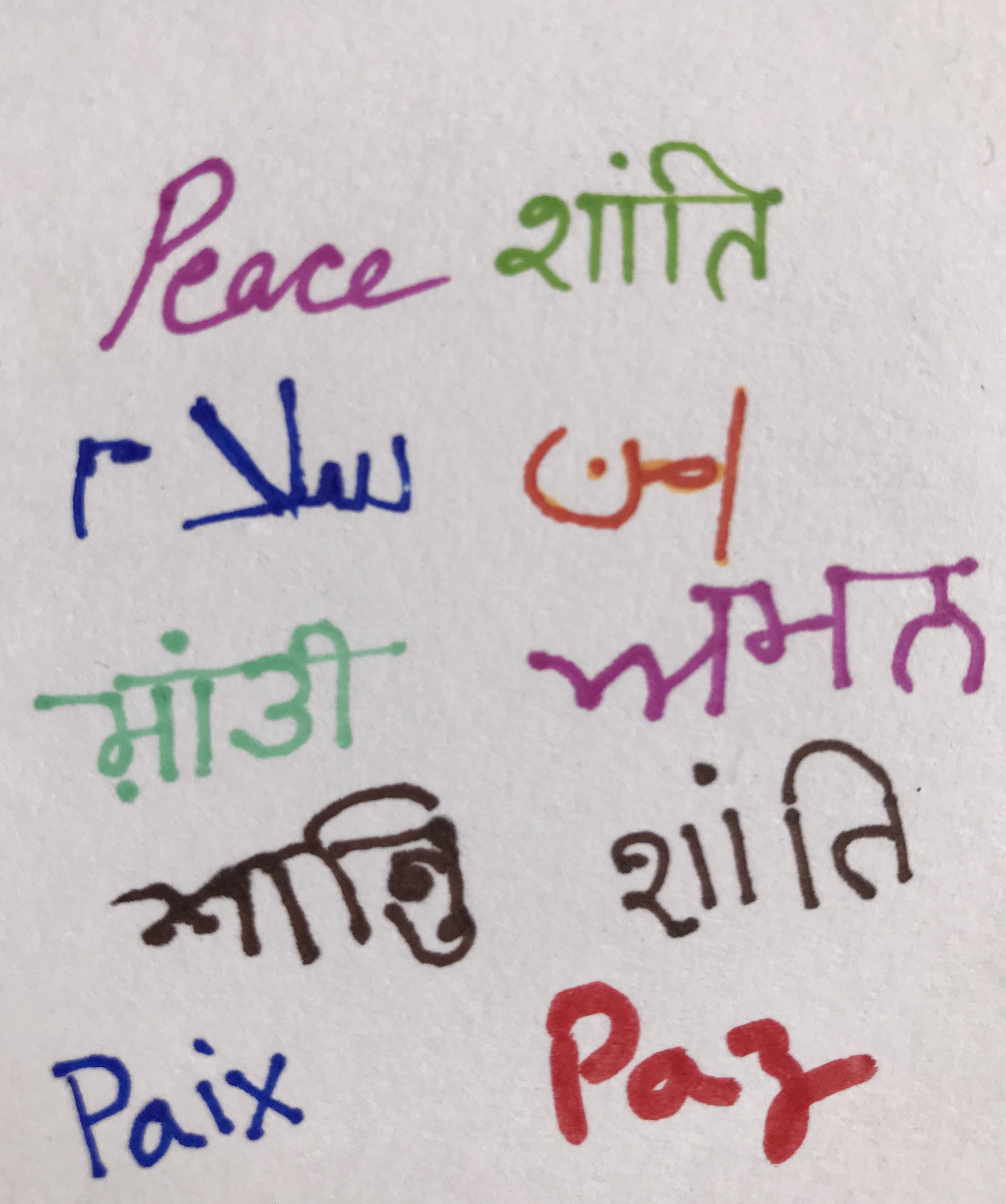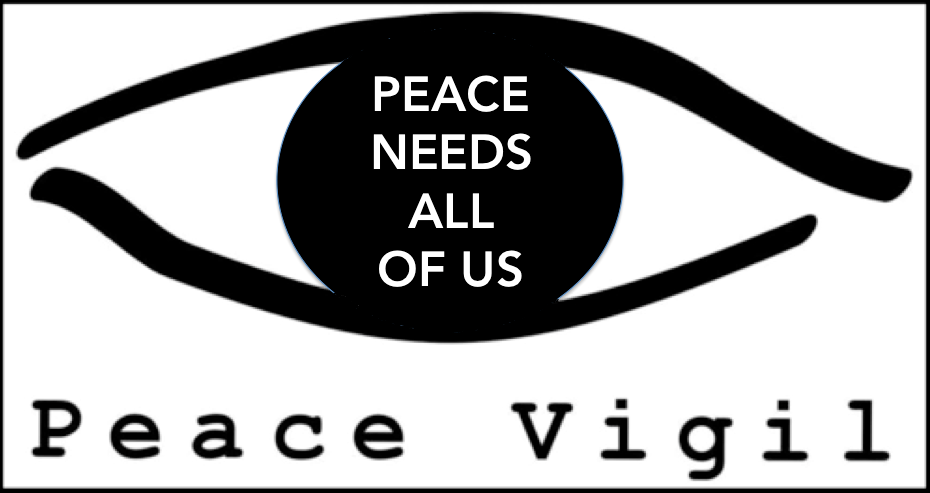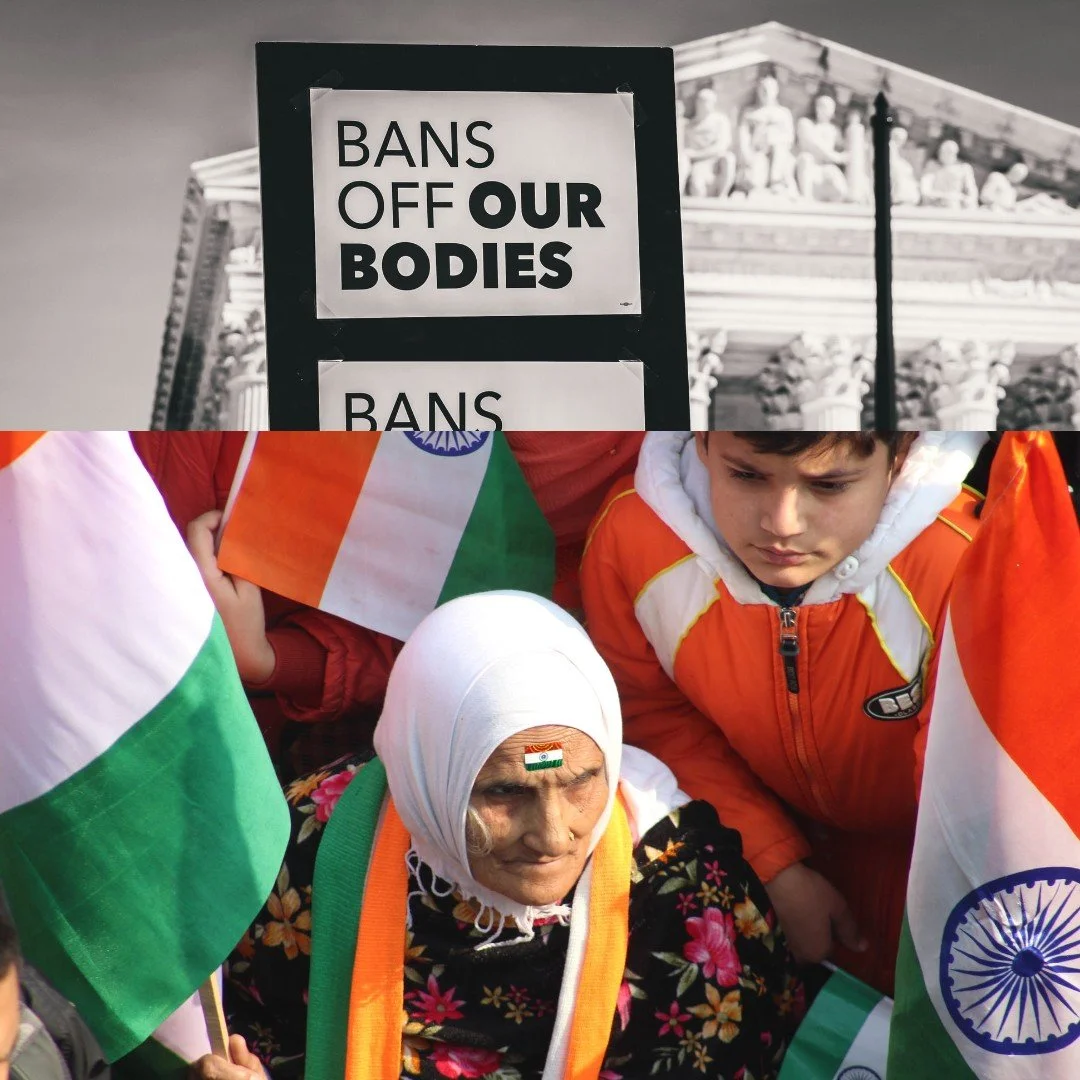The Supremes
In the past week, two supreme courts in two different countries have enacted legislation that challenges the very foundations of the human rights framework.
In the United States, the Supreme Court rescinded the landmark court judgement that had guaranteed the access to safe and timely medical care, including the right to an abortion.
When I first joined the staff of Amnesty International some 13 years ago the first thing I worked on was the right to maternal health. I will admit that this was not the most comfortable moment in my career. In the months following, Shirin would give birth to our wonderful daughter Jiya. At that time, I was handed a 200 page report on maternal health and maternal mortality which included a long list of everything that could ever go wrong in a pregnancy. And after spending the day reading the report and thinking about how to structure a campaign on maternal health care, I would go home to someone who was seven months pregnant. Fortunately I’m not prone to worrying, but this was indeed a test of my nerves!
While ours was a planned pregnancy I can remember being grateful to live in a country where abortion was legal. There are medical conditions (and I was reading about every single one of them) that would make a live birth all but impossible. The life of the mother could often be saved if an abortion was carried out in such cases.
In countries where abortion is not allowed, maternal mortality rates are higher, sometimes much higher. Often those statistics do not include deaths from people who seek “illegal” abortions - we know that anti-abortion legislation does little to change the number of abortions in a given location but it does dramatically reduce access to safe abortions. The US Supreme Court’s regression on this is a huge step backwards for human rights. Planned Parenthood is one of many organizations leading the campaign to restore universal access to safe abortions. Please do sign their petition.
In India, the Supreme Court threw out a case where the accused - among them the then Chief Minister of Gujarat and now Prime Minister Narendra Modi - were alleged to have aided and abetted the anti-Muslim violence that killed more than a thousand people. Worse, the language the court has used seems to imply that the plaintiff, Zakia Jafri, the widow of Lok Sabha member Ehsan Jafri, was being manipulated by outside forces. As if an older Muslim woman must be incapable of speaking her own mind!
Emboldened by this decision, the Gujarat police have already arrested our friend and mentor Teesta Setalvad, who was involved in helping the Jafri family with the legal proceedings. For those who may not remember, Teesta delivered the Peace Praxis lecture last year. Along with Teesta, ex-IPS officer RB Sreekumar was also arrested. Sanjiv Bhatt, another ex-government official has been held in custody for some time on related charges, which amount to blowing the whistle on government complicity in the killings. We at Peace Vigil join with many other organisations and individuals calling for her immediate release.
One of the great things about that lecture was that Teesta Setalvad went into depth on the failures of the media to point out what happens before and after communal violence. Her argument was that a lot of communal violence might never have happened if the media were doing its job to shine the spotlight on those who were preparing the ground for the outpouring of hate and violence.
That point is certainly true. But in order for communal violence to be carried out by a few people, they must have some level of support among the broader public. When we look at recent elections and polls we find that those who champion hate are even more popular than they’ve ever been.
Why should this be the case? Classically speaking, economists tend to think that humans act in their own “enlightened self-interest”. If that were the case, why should a right wing party come back to power in a state where they had completely [botched the COVID response, increased the unemployment rate, and seen the standard of living fall due to unprecedented inflation?
Different people have different answers to this question. Recently we’ve begun to consider the possibility that people are drawn to communal ideologies not despite of the hardships they face but because of them. The thinking is that there is something in human biology and perhaps even in human cultural norms that draw us towards “strong men” during times of adversity.
While we can’t say that these ideas are proven, we do think that they’re worth exploring. Join us for a discussion about why people support Modi this Thursday at 9am US East Coast time.




